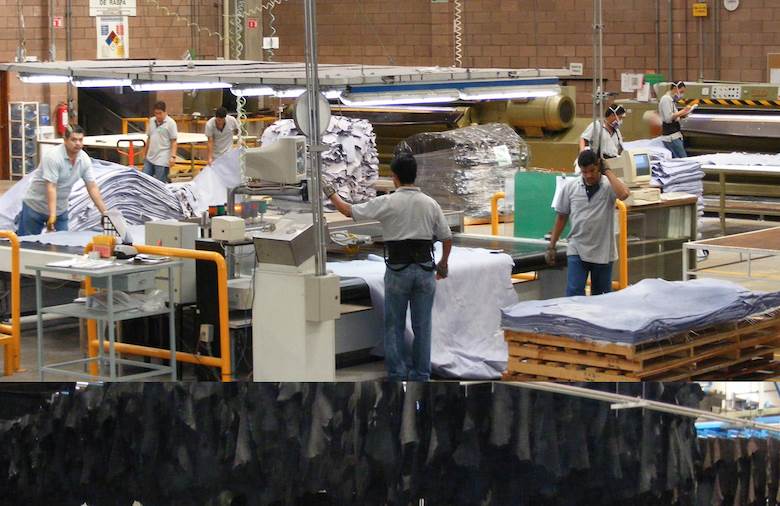Challenges ahead for Mexico’s automotive and footwear tanners
31/05/2019

Most of Mexico’s leather ships to customers in Mexico, with automotive and footwear the most important markets. For the most part, finished leather produced and cut in Mexico goes to plants that global automotive original equipment manufacturers or their tier-one suppliers have set up in Mexico. Important global automotive leather manufacturers, including Lear, Bader, Wollsdorf Leather, Midori and GST AutoLeather, operate tanneries and cutting plants in Mexico.
Their customers are powerful companies, global players in the automotive market, but they are sensitive to price increases and are likely to react badly to the thought of paying tariffs on vehicles they transport from Mexico for sale in the US.
In the case of footwear, the story is slightly different, but at least as sensitive. Mexico made 260 million pairs of shoes and boots in 2017, with 70% of them coming from the state of Guanajuato. The Mexican government has said that 70% is also the proportion of the total number of pairs produced that comes from small and medium sized manufacturers. For those small companies, adjusting their cost structures to accommodate Mr Trump’s tariffs at such short notice will be particularly challenging.
Image: Bader’s tannery in León, Guanajuato.










